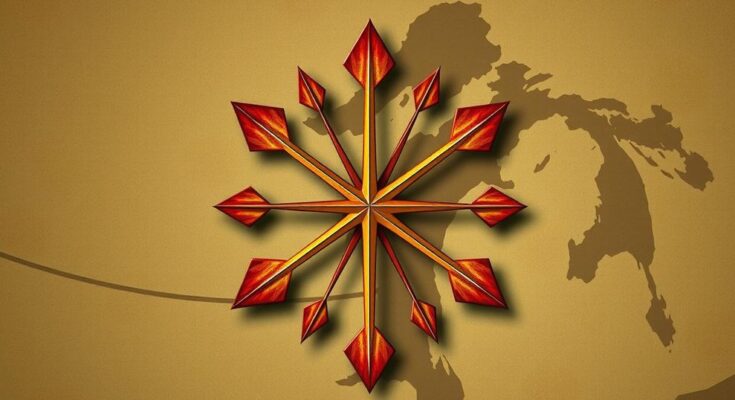The crisis in the Democratic Republic of Congo, fueled by M23 rebels, has escalated into a humanitarian and diplomatic quandary. President Félix Tshisekedi is focused on regaining lost territories amidst intervention from Rwanda, Burundi, and Uganda, each with distinct motives and implications for regional stability. Tensions among neighboring countries, especially between Rwanda and Burundi, highlight the complexities of both military and political dynamics influencing the conflict.
The ongoing crisis in the Democratic Republic of Congo, exacerbated by the M23 rebels seizing valuable territories in the eastern region, has ignited a severe humanitarian emergency. The conflict has attracted the involvement of multiple neighboring countries, each with troops positioned in the region, reflecting a deep history of external interference. Aiming to address the escalating violence, the East and Southern African regional blocs are convening an emergency summit.
Democratic Republic of Congo’s President, Félix Tshisekedi, is primarily focused on reclaiming territories lost to the M23, particularly the major eastern city of Goma. He has accused Rwandan President Paul Kagame of facilitating M23’s efforts through military assistance, asserting that Rwanda’s actions are driven by a desire to exploit Congo’s mineral resources. Despite international acknowledgment of Rwanda’s involvement, concrete support for Tshisekedi’s government has been lacking.
Africa’s response to Rwanda’s involvement is complex, with Kagame denying military aid to the M23 while declaring Rwanda’s intent to defend itself from perceived threats. He asserts that the preservation of Tutsi populations in Congo is at stake and calls for a direct dialogue between Kinshasa and the M23. Behind this narrative lies Rwanda’s objective to preserve its influence in eastern Congo, particularly regarding access to the region’s mineral wealth.
Burundi remains a vigilant neighbor amid the conflict, with its military having been active in eastern Congo to combat rebels. The Burundian government, led by President Evariste Ndayishimiye, fears that Rwanda’s military maneuvers could destabilize the region. He has warned that continued Rwandan aggression could lead to increased regional hostilities, emphasizing Burundi’s intentions to preserve its regime against external threats.
Uganda is also involved but maintains a dual approach; its troops are engaged in hunting down militants linked to the Islamic State while allegedly providing support to M23 operations. The situation is complicated by Uganda’s strategic interests in eastern Congo, particularly concerning its previous military incursions ostensibly aimed at resource protection. Their response to the M23 offensive has included bolstering troop positions, raising concerns about an extension of the conflict.
South Africa has emerged as a key player by contributing the majority of troops to a regional force aligned with the Congolese army. However, tensions escalated significantly after the deaths of South African soldiers, which they attributed to Rwandan forces. The fierce exchanges between the leaders of South Africa and Rwanda reflect broader geopolitical tensions, illustrating the divisions between the East African Community, which favors Rwanda, and the Southern African Development Community, which stands in opposition.
In conclusion, the crisis in the Democratic Republic of Congo presents a complex geopolitical landscape involving multiple nations with vested interests. While President Tshisekedi seeks to reclaim lost territories, external influences from Rwanda and Burundi illustrate the precarious balance of power in the region. Uganda’s dual role complicates the conflict further, while South Africa navigates its commitments amid mounting tensions. The emergency summit seeks to address this ongoing instability and potential humanitarian crisis.
Original Source: www.bbc.co.uk




